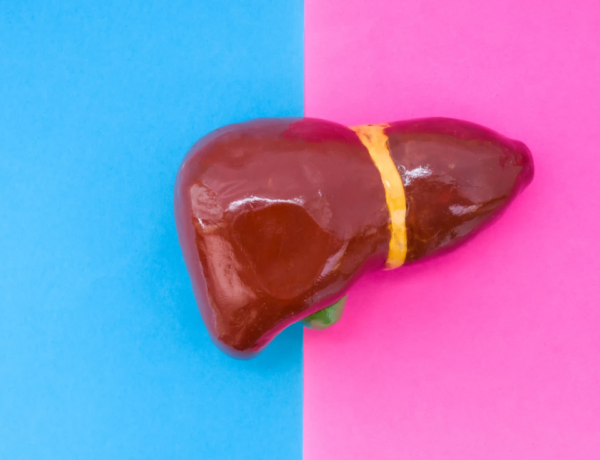Bloating? Belching? Constipation? Cramping? Diarrhea?
Does this sound like you? All of these things are triggered by your digestive system. They may seem normal to you – BUT – they are actually signs from your body that your gut is grumpy! Signals to you asking for attention, support, a little TLC if you will. We very often confuse body symptoms for what we think is our normal. Bloating, belching, constipation, cramping, and diarrhea are NOT NORMAL!

Gut feeling grumpy?
Our digestive systems are an intricate network of pathways directly affected by everything we put in our mouths, which means that we should only be putting things in that the body can digest. More specifically, we should not make a regular habit of eating processed, fried, or sugar laden foods.
Good gut health is essential for overall well-being and plays a crucial role in maintaining a healthy immune system, digestive system, and even good mental health. The gut, also known as the gastrointestinal tract, is home to trillions of bacteria, fungi, and other microorganisms collectively known as the gut microbiota. These microorganisms play a vital role in various physiological functions, such as breaking down food, producing essential nutrients, and protecting against harmful pathogens.
To promote good gut health, it is important to maintain a diverse and balanced gut microbiota. This can be achieved through a combination of dietary and lifestyle factors. Consuming a diet rich in fiber, fruits, vegetables, whole grains, and fermented foods can help nourish beneficial gut bacteria and promote a healthy gut environment. Probiotic-rich foods, such as yogurt, kefir, and kimchi, can also help introduce beneficial bacteria into the gut.
In addition to diet, regular physical activity and managing stress levels are also important for gut health. Exercise has a positive impact on gut microbiota diversity and composition, while chronic stress can disrupt the balance of gut bacteria and contribute to gastrointestinal issues. Stress? Yes! Stress can strangle our elimination pathways leading to poor absorption, disruption of the gut microbiota and eventually chronic disease. More detail below.
Avoiding excessive use of antibiotics and unnecessary medications, as well as limiting intake of processed and sugary foods, and artificial sweeteners, can also increase healthy gut microbiota. It is important to listen to your body and pay attention to any digestive symptoms or changes, as they may indicate an imbalance in gut health.

Imbalanced Gut Flora
Too many of the bad bugs and not enough good bugs. Yes! We said bugs. Our guts are full of them. We are essentially a garden, full of life, living microbiota. So learning how to control the flow of these bugs is the key to solving problems in the digestive system. Unfortunately, good bacteria can easily be hindered and as a result need regular replenishment. So, again, AVOID refined and processed foods, limit alcohol intake, and don’t do drugs (even recreationally) and you will soon see results.
Stress
We can’t “stress” enough here… if there’s one thing that can wipe your guts dry of everything beneficial (the good bugs) it’s stress! Our high-paced, productivity driven, gotta have this right now society guarantees this. There are a lot of things that we can’t control in our day to day lives that are responsible for increasing our stress levels – heavy traffic, high demands at work or home, kids, activities, etc. – BUT we do have a say in how we react to and process these stressors. Try stress reduction techniques like daily exercise, going to bed earlier, fermented foods, and probiotics.
Food – Allergies, Sensitivities, Intolerances
Talk about causing some serious havoc in your gut. Food allergies, sensitivities, or intolerances can cause ALL of the signs and symptoms mentioned above. That being said, sometimes the reaction can be very subtle. Easiest way to find out if you’re having issues with food? Try an elimination diet or have a food sensitivity test done. Don’t consume the foods that you know upset your gut – even if that food item is a favourite. Your gut will thank you for it, and once you clean up your gut flora, you can eat those faves again.
Feeling anxious, can’t concentrate, angry all the time?
A story all it’s own, but balancing gut microbiota can have a massive, positive impact on these things as well.
Treat your gut well. The gut is called the second brain for a reason. What happens in the gut is a very good indication of what happens system wide!
Prioritizing good gut health through a combination of healthy eating, regular exercise, stress management, and mindful lifestyle choices can help support a thriving gut microbiota and promote overall well-being. Remember, a healthy, happy gut makes for a much happier and healthier you!





No Comments